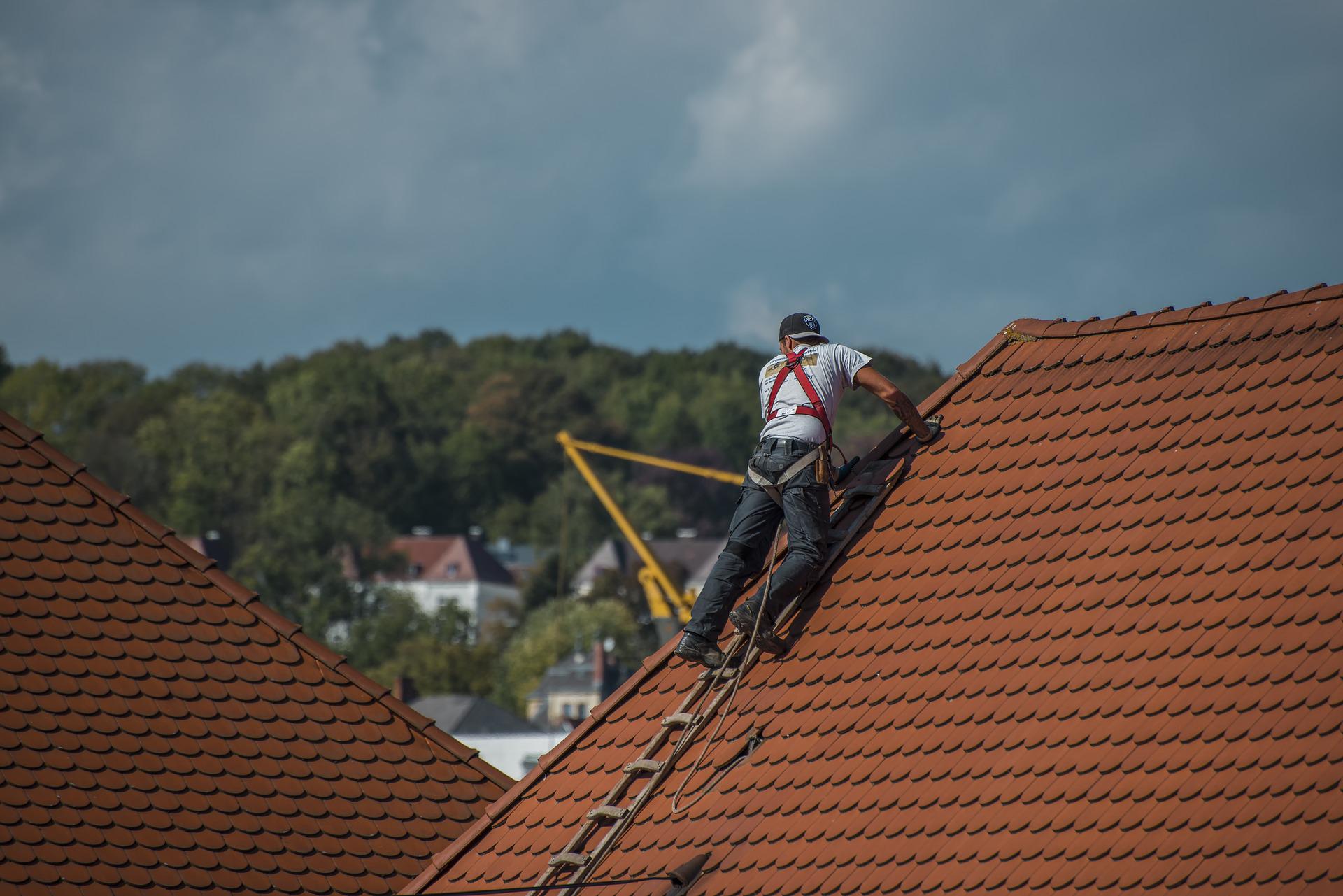You will also have to enter into a binding contract with the seller, known as conveyancing, and this is where its a good idea to use the services of the legal profession.
The legal process is important everywhere
Whether you’re buying a
house in the UK, or overseas, there are certain key points that have to be addressed. The first of these is to reassure yourself that the seller actually has the right to sell the
property in question. A lawyer or notary, for example,
Vanner Perez Notaries will be help you deal with this and all other aspects of property ownership and document certification,especially if you are buying a house overseas. With low house prices in Europe and mobility of work and residence, as a result of the European Union (EU),many Brits choose to buy a home abroad. In the UK you should always use a specialist property lawyer to ensure that your contract is legal and sound.
Buying a house can be very expensive
It’s a good idea to shop around for a solicitor. Fees do differ from firm to firm, and sales often fall through. Try and find a
conveyancer who offers a no deal, no fee arrangement. Also, if you buy a property over 125,00 you must pay stamp duty within 30 days of completion. Your solicitor will bill you and sort this out with HRMC on your behalf.
House buying is a process of discovery
Some unscrupulous sellers wont let the buyer know about any boundary disputes,
planning permission or whether the house has all the correct building regulation certificates.
The Council ofMortgage Lenders (CML) states that your legal advisor will make contact with the sellers conveyancer and begin work on drafting the contract that will form the basis of the selling/buying agreement. The agreement can only be made after your solicitor/conveyancer has assured themselves that all is in order with the legal
ownership of the property and the sale can go ahead.
Exchange and completion
Some unscrupulous sellers wont let the buyer know about any boundary disputes, planning permission or whether the house has all the correct building regulation certificates. The Council ofMortgage Lenders (CML) states that your legal advisor will make contact with the sellers conveyancer and begin work on drafting the contract that will form the basis of the selling/buying agreement. The agreement can only be made after your solicitor/conveyancer has assured themselves that all is in order with the legal ownership of the property and the sale can go ahead.Once your mortgage lender has approved your application and all the initial
searches are satisfied you will be ready to enter into an exchange of contracts. Its at this stage that you’ll have to pay your deposit and the funds will rest in your solicitors bank. Both you and the seller will sign and exchange the contract, and you will be bound by law to continue with the sale. If you don’t, you may forfeit your deposit.
TheLaw Society website explains in clear and concise language the steps that occur between exchange and completion. Essentially, during this period, your mortgage lender will pass over the outstanding balance on the house to your solicitor, and the transfer deed will be prepared and signed by you and the seller. As soon as all the legal and financial transactions are finalised,you’ll be given the keys to your new home.





 POSTED BY
POSTED BY 

